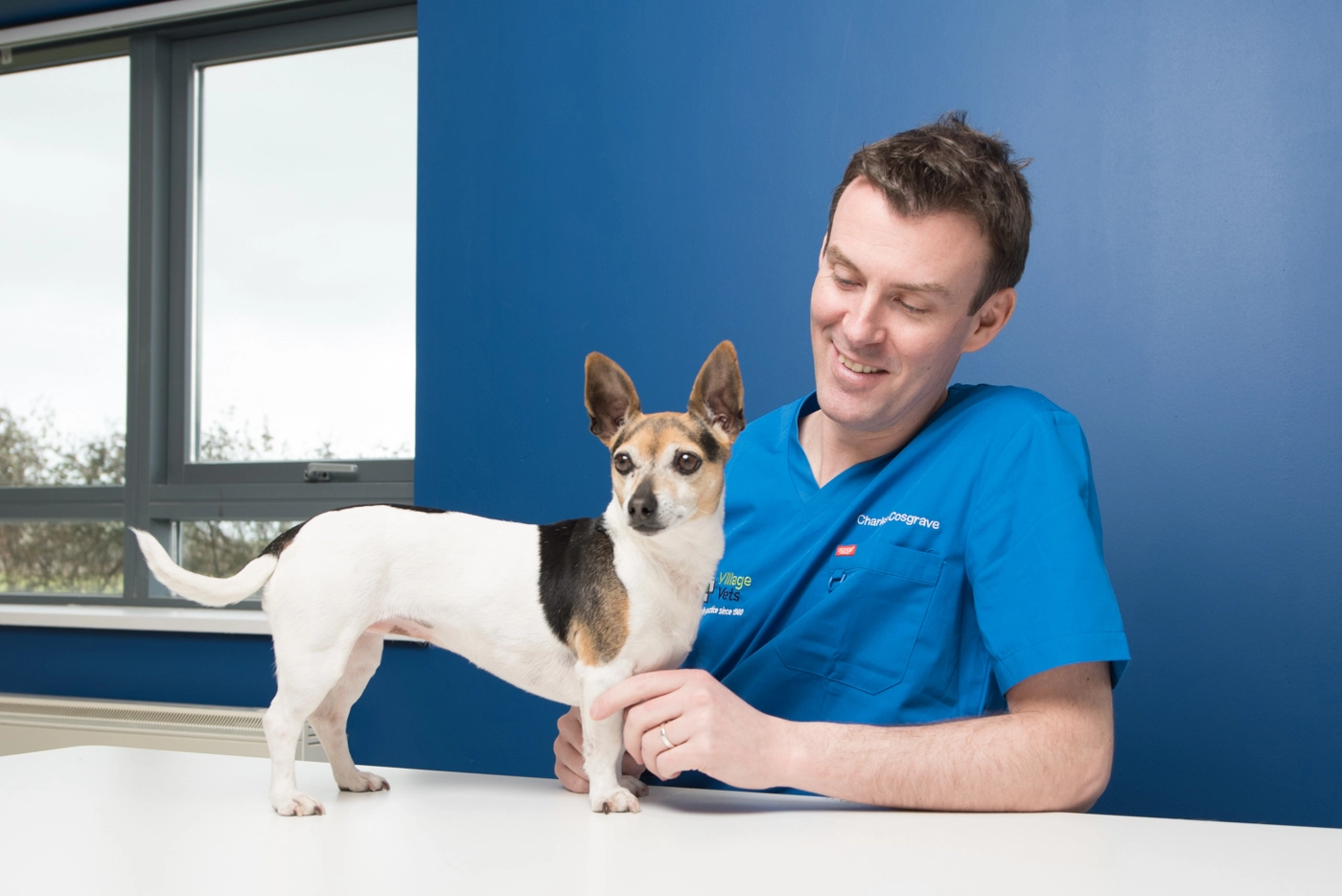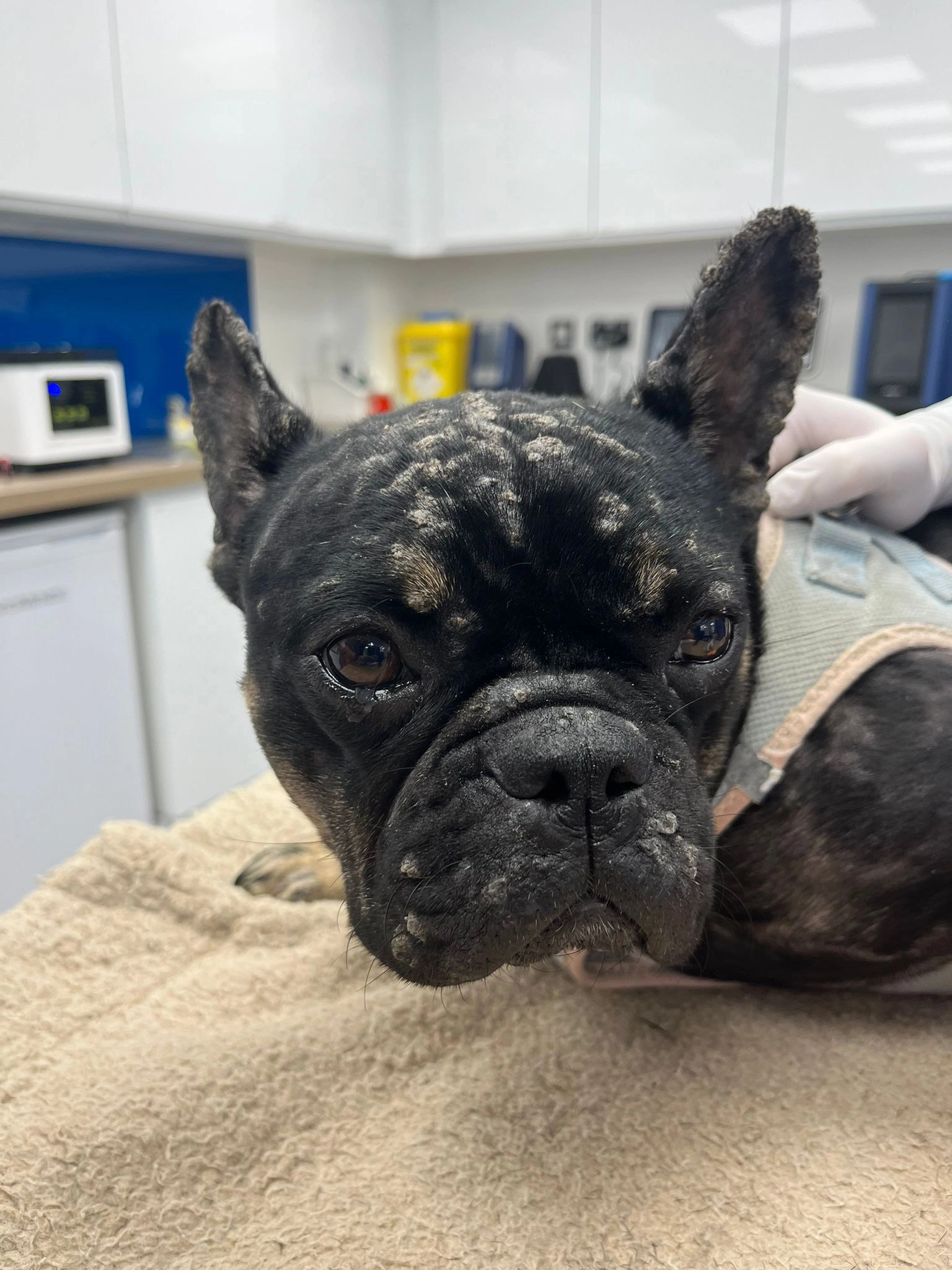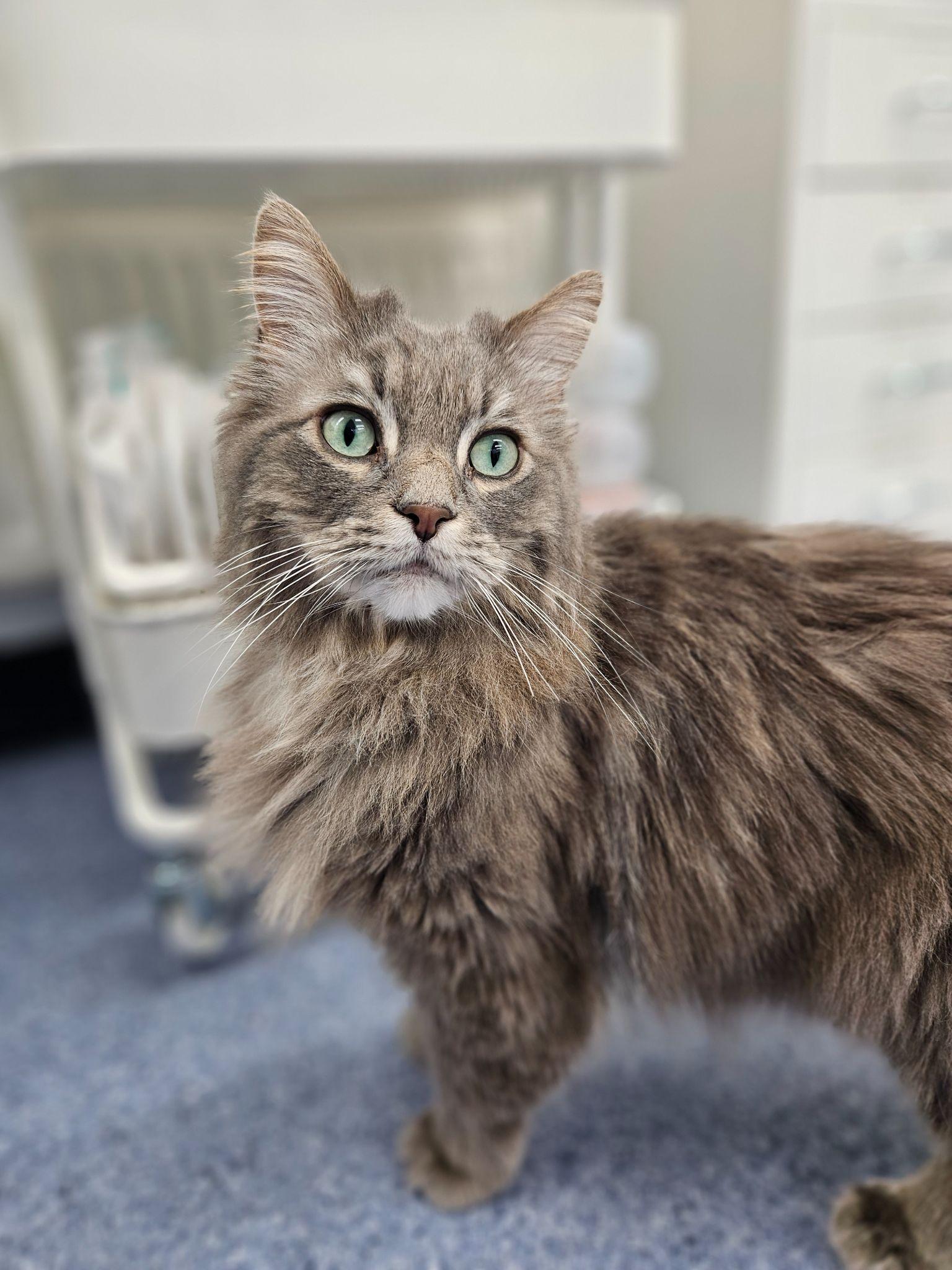Cold winter weather presents challenges to audience cat lovers. This winter is predicted to be one of bitter cold and numbing wetness. Awareness about the risks of anti freeze poisoning in cats is mandatory for cat lovers.
Ethylene glycol poisoning in cats
Antifreeze poisoning is mostly associated with cats or pets licking antifreeze drips or spills off the ground. For a cat as little as a teaspoon can be fatal. The toxic element in antifreeze is ethylene glycol which can be found in other products as well.
What to watch for?
Within the first few hours there may be vomiting or drooling due to irritation of the stomach.You may also see stumbling and depression, resembling drunkenness. Within 24-48 hours, signs of kidney failure will develop which includes loss of appetite, vomiting, dehydration, excessive urination or no urination at all.

Primary cause
Ingestion of ethylene glycol usually in the form of antifreeze.
Immediate Care
- Call call us immediately!
- If you have the container or label for the ethylene glycol, bring it with you .
Veterinary care
- Diagnosis
Diagnosis is usually based on history of exposure or suspected exposure to antifreeze containing substance. Urine testing may be used to identify a particular type of crystal as well as to evaluate kidney function. There is a specific blood test for ethylene glycol but it takes a long timeto get results whichmay make the situation impractical.
Treatment
Treatment focuses on preventing kidney damage. For instance, after the cat finishes vomiting, activated charcoal is given orally to prevent further absorption of the toxin from the stomach and intestines.
Then an IV catheter is placed to give the cat ethanol. You can also give a specific antidote 4- methylpyrazole. Kidney function and urine output are monitored closely for a few days.

Other causes
Ethylene glycol can also be found in some cleaning products andcosmetics. When you have pets in the house, it always wise to know what the ingredients are in the products of your home.
Prevention
- Keep your cat indoors if temperatures drop significantly.
- You should Keep the ethylene glycol containing products out of your home or locked away .
- Check your car for leaking water coolant and fix any leaks as soon as possible.
- Store your antifreeze responsibly. Make sure it is clearly labeled and is in a steps container.
- Dispose off antifreeze and coolants responsibly.
- Clean up spillages of antifreeze even if you don’t own any pets. Pets are drawn to licking and drinking these fluids as they smell tempting and taste sweet.
- Educate neighbors of the dangers and inform them if you notice coolants leaking from your vehicle.Cats and all other pets need to see a vet as soon as you suspect they may have antifreeze poisoning. Don’t ignore the symptoms, the sooner you get your cat to the vets, the higher are the chances of survival.
If you have an emergency, don’t hesitate to call one of our Village Vets clinics. To get through to our Emergency Vet out of hours, simply call your regular practice’s number and you will be put through.
For more details check :https://www.emergencyvet.ie




